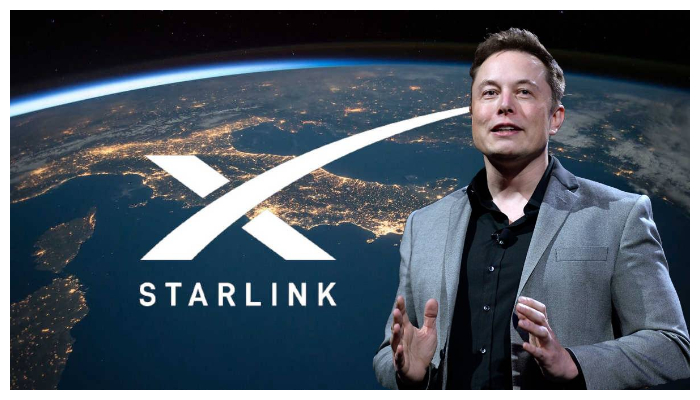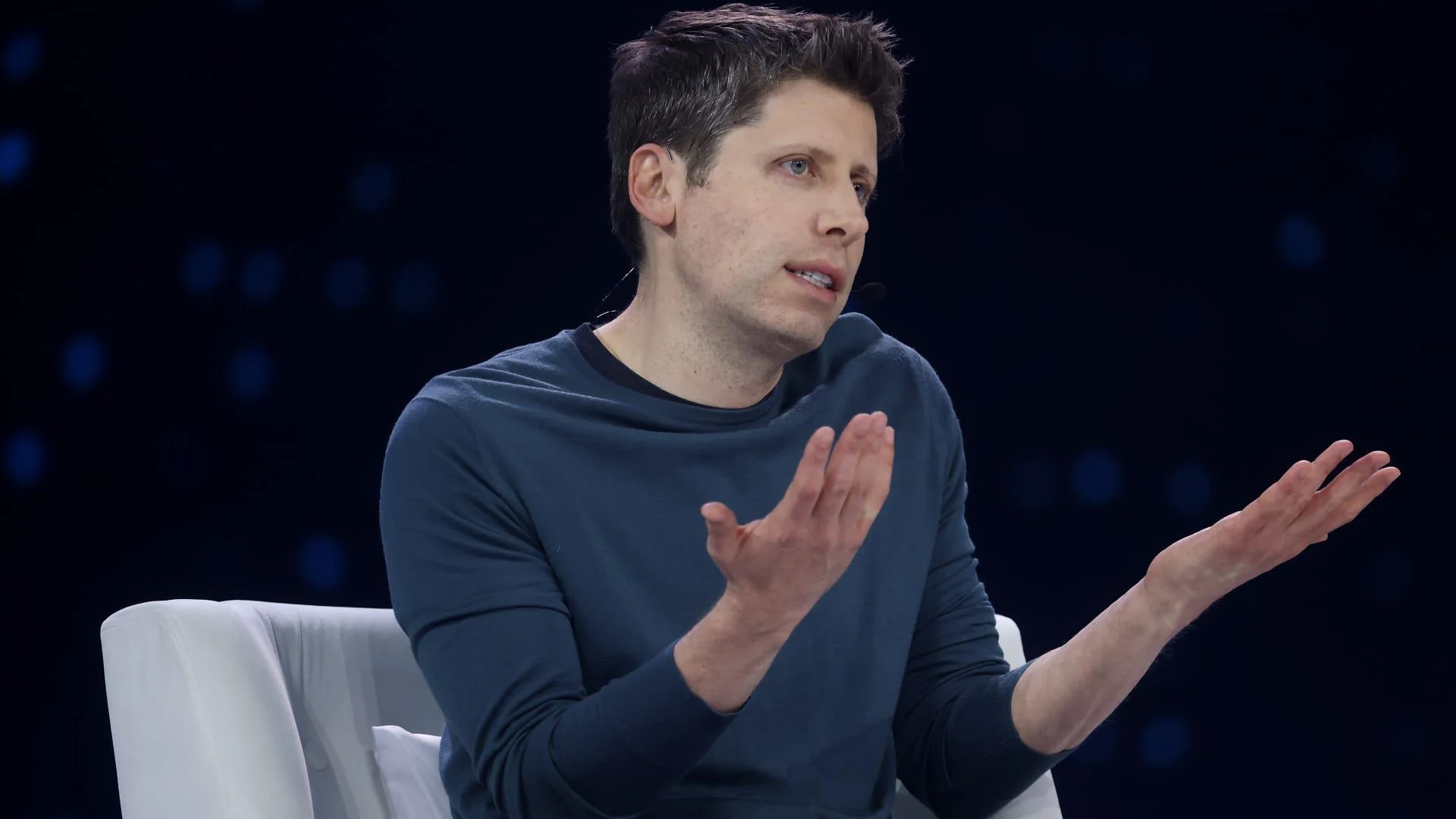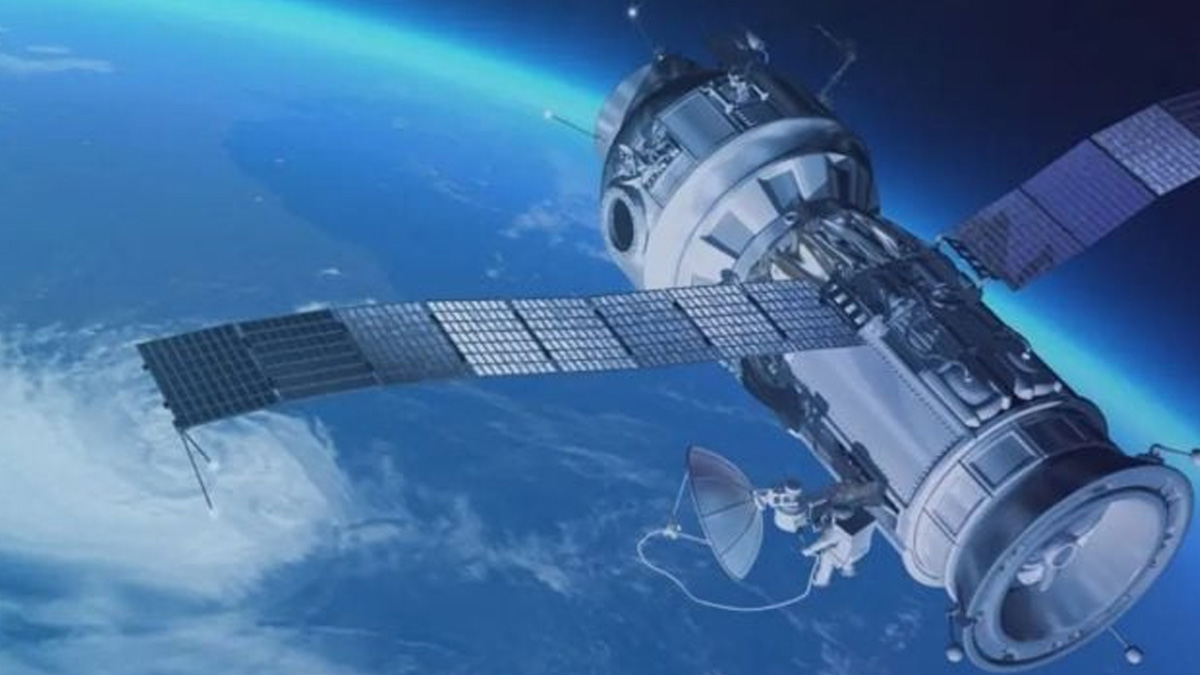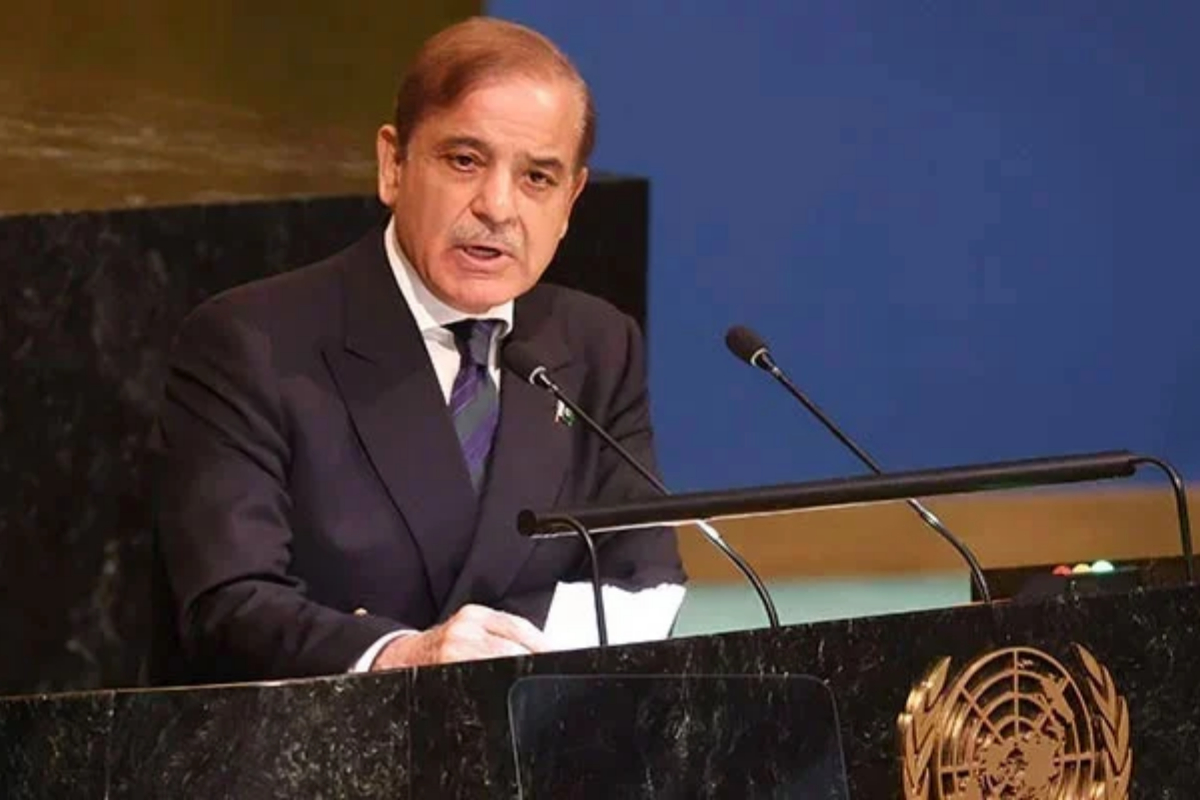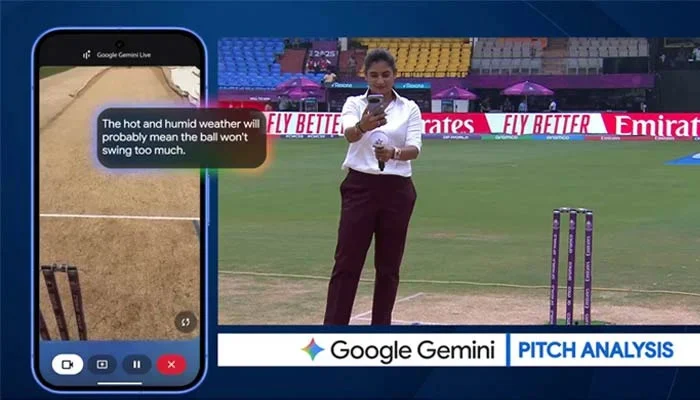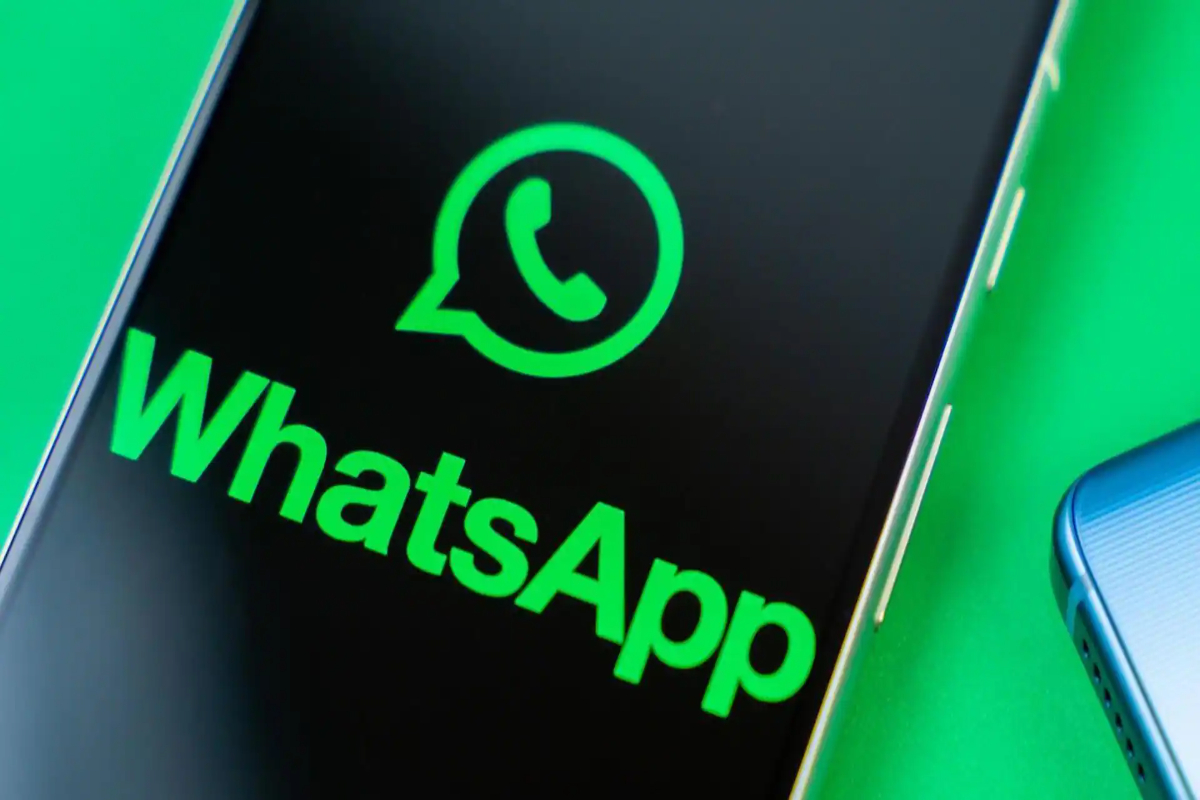WASHINGTON: On Friday, Russia blocked access to Instagram and filed a criminal complaint against its owner, Meta, in retaliation for the tech giant’s enabling messages inciting for violence against Russian forces.
The international condemnation of Moscow’s invasion of its neighbour has prompted unprecedented penalties from Western governments and businesses, as well as an outpouring of online rage and arguments about social media’s involvement in the conflict.
The Russian media regulator said it was banning access to the enormously popular Instagram because it contains “calls to commit violent acts,” a day after Meta claimed it had temporarily modified its regulations to enable appeals to violence like “death to the Russian invaders.”
Meta was also the subject of an inquiry by Russia’s Investigative Committee, which looks into big crimes, and prosecutors sought for the Silicon Valley behemoth to be labelled “extremist.”
According to Reuters, the adjustment affected Armenia, Azerbaijan, Estonia, Georgia, Hungary, Latvia, Lithuania, Poland, Romania, Russia, Slovakia, and Ukraine, citing emails from Meta to its content moderators.
The company has yet to respond to a request for clarification on the policy’s geographic limitations, but it has stated that it does not “allow credible calls for violence against Russian civilians.”
The UN expressed concern about Meta’s loosening of its standards, warning that it could lead to “hate speech” against Russians.
The policy, according to UN rights spokesperson Elizabeth Throssell, lacks clarity, which “could certainly contribute to hate speech directed at Russians in general.”
Meta has previously battled with what it would allow people to share during times of turmoil, despite having billions of users across its platforms.
During protests in Iran in July 2021, the company momentarily enabled posts calling for “death to Khamenei,” a reference to the country’s supreme leader Ayatollah Ali Khamenei.
When US Senator Lindsey Graham advocated for the killing of Russian President Vladimir Putin in a broadcast interview and on Twitter, tech platforms had to traverse a variety of sticky issues relating to the war in Ukraine.
“The only way this ends is for somebody in Russia to take this guy out,” says Graham’s tweet from March 3, which Twitter has not taken down.
Meta’s choice elicited highly opposing viewpoints.
“The policy regards calls for violence against Russian soldiers,” According to Emerson Brooking of the Atlantic Council’s Digital Forensic Research Lab, a disinformation expert.
“A call for violence here, by the way is also a call for resistance because Ukrainians resist a violent invasion,” he added.
But some expressed deep concerns, like Lehigh University professor Jeremy Littau who tweeted: “‘We don’t allow hate speech except against certain people from a certain country’ is one hell of a can of worms.”
Facebook and other US internet firms have taken moves to punish Russia for its invasion on Ukraine, and Moscow has taken steps to ban access to the world’s most popular social media network, as well as Twitter.
Along with China and North Korea, Russia has now joined a select group of countries that are barred from using the world’s largest social network.
Since Moscow’s invasion of Ukraine last month, Russian authorities have increased pressure on independent media, despite the fact that the country’s press freedoms were already dwindling.
On the same day last week that it endorsed the imposition of jail terms on journalists posting “false information” about the military, Moscow blocked Facebook and restricted Twitter.
In this environment, Facebook had played a critical role in information diffusion in Russia, despite facing harsh criticism in the West over issues ranging from political divisiveness to the mental health of teens.
The war is taking place in the midst of an unprecedented crackdown on Russia’s opposition, which has seen protest leaders slain, imprisoned, or expelled from the country.
Apple and Microsoft have declared that they will no longer sell their products in Russia, while other corporations have announced that they will “pause” certain economic activities or ties with Russia.
For the latest Sci-Tech News Follow BOL News on Google News. Read more on Latest Sci-Tech News on oldsite.bolnews.com










